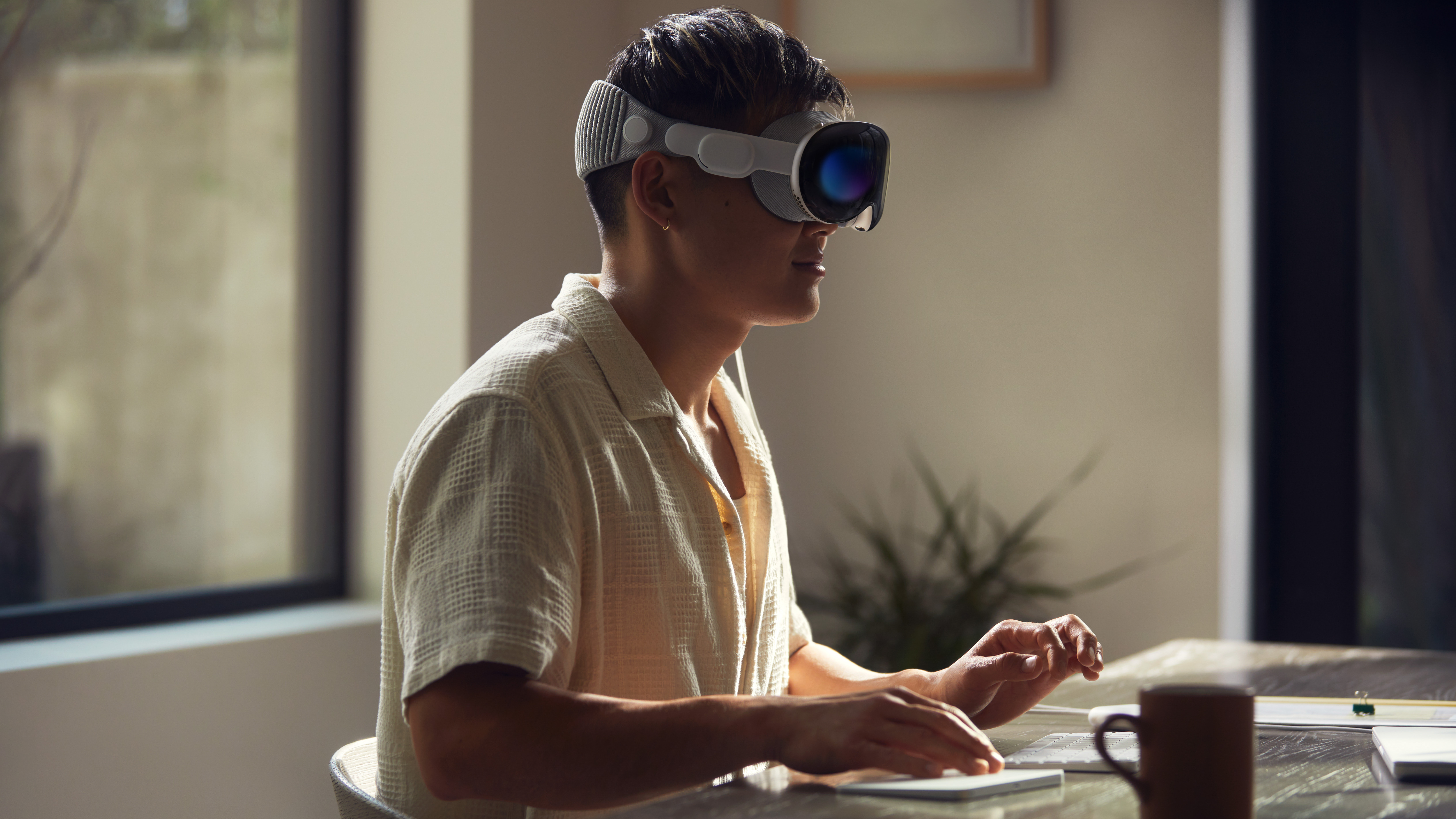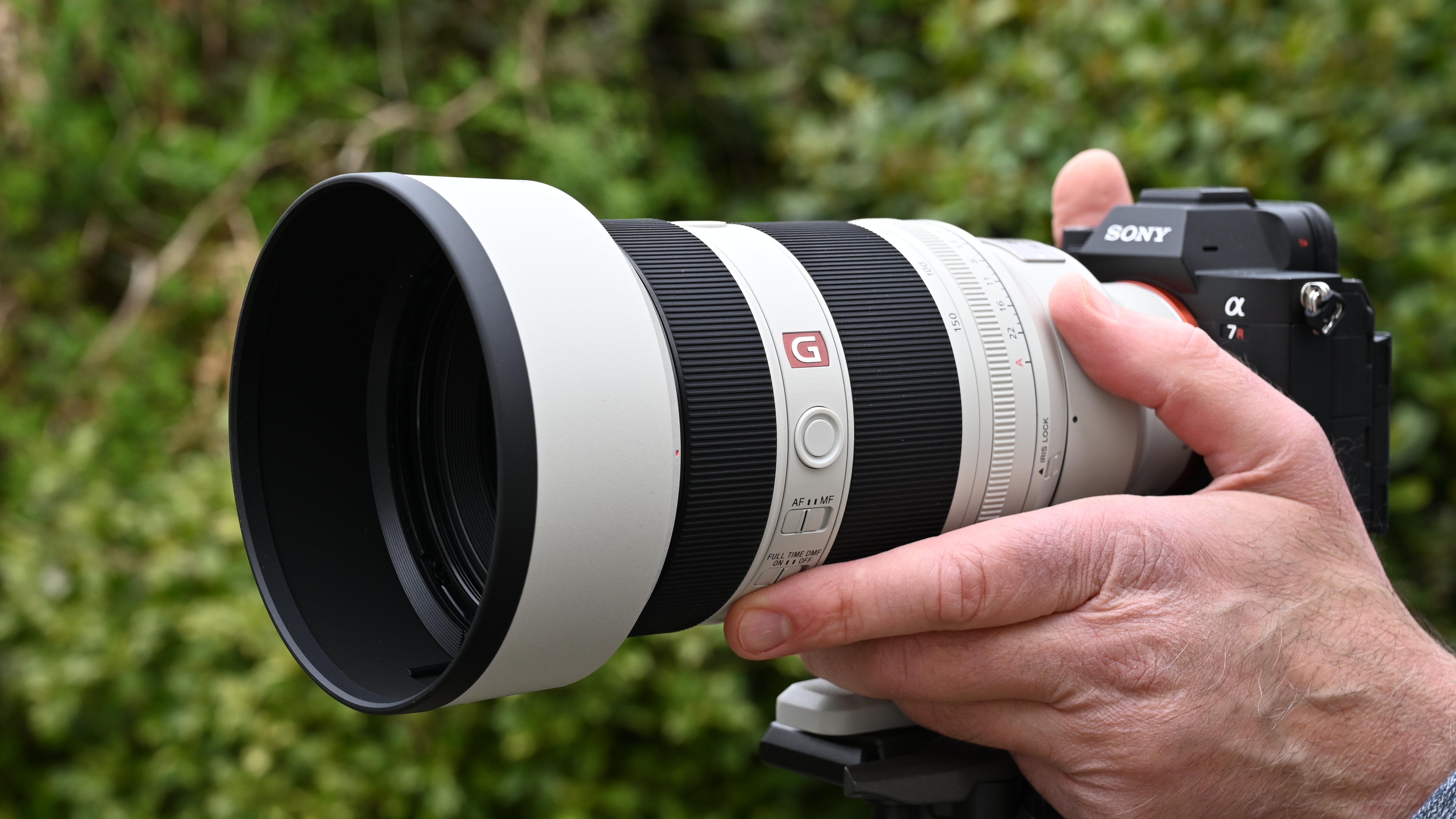"Are Apple products worth the premium price?" – a question that never goes away!
With the Vision Pro appearing everywhere, and a growing need for a new laptop, the price of Apple gear is still bugging me

As I sit here, typing away on my 2019 MacBook Pro – which, it has to be said, still looks pretty slick and even seems so so long as I don't open too many tabs – I have an eye on replacing it (but I'm finding the M3 MacBook Pro pricing sneaky). Increasingly, too, I want to splurge some cash just to experience 'spatial computing'.
Sadly even the more practical of the two is financially challenging, leaving me pondering a question nearly as old as the computer age: "Are Apple products overpriced?" As a tech enthusiast, an avid consumer, and a Mac user since before Mac OS X, I’ve grappled with this dilemma more times than I care to admit. Let’s dive into the heart of the matter.
Firstly I worry about the so-called "Apple aura". Apple has mastered the art of creating desire. Their sleek designs, minimalist aesthetics, and that iconic half-bitten apple logo evoke a sense of prestige. Owning Apple can feel like it’s part of an exclusive club, which costs a premium – in my mind that kind of thing is rarely justified, and can often make the customer look like a chump or pretentious show-off to people outside it. For me, that exclusivity actually means Apple needs to work harder – the tech really has to be the best.
Something I have come to value is Apple’s ecosystem; it's been called a well-choreographed dance. Your laptop syncs effortlessly with your phone, tablet, and watch, so long as they're all Apple. Handoff, AirDrop, and iCloud make life smoother. But this convenience comes at a cost. When you’re in the Apple ecosystem, switching to another brand feels like leaving a cozy home for a drafty cabin. The price of seamless integration? The price, obviously, and down the line it's choice – the agony I face now.
Some say Apple users pay an 'innovation tax' – Apple’s R&D labs are buzzing with creativity. Face ID, the M-series chips, and those stunning Retina displays—they’re the fruits of relentless innovation. But innovation isn’t cheap. The hefty prices do cover Apple's R&D but dig a bit deeper and you'll see the M chips were based on ARM (originally designed by Acorn in the UK many years back), and later a partner with Apple on the Newton. (Fun fact – selling shares in ARM, the company Acorn & Apple co-founded is pretty much what kept Apple afloat in the tough times).
There is a lot of innovation, but I'd also add that a lot of what Apple od so well is looking at tech and making it work more easily which, boringly, I have to admit is something that I also have to admit is something I value.
Critics also use the phrase "Apple tax" to mention the premium, but it is fair to say when it's an iPhone, you’re not just buying hardware; you’re buying software updates for years to come. Android phones often lose support after a couple of years, while iPhones soldier on. Is that worth the extra dollars? Depends on how much you value longevity. The same is broadly true for computers and tablets and probably will be with visionOS.
Get the Digital Camera World Newsletter
The best camera deals, reviews, product advice, and unmissable photography news, direct to your inbox!
Android phones and Windows laptops beckon from the sidelines. They offer similar functionality at lower price points. Sure, they lack the Apple polish, but they get the job done. If you’re budget-conscious, these alternatives make sense. But remember, you won’t get iMessage, and your green bubble might ostracize you in group chats.
The bottom line
I read somewhere that "Apple products are like that fancy restaurant you splurge on occasionally – the ambience, the presentation, the attention to detail—it’s all part of the experience." The alternatives were burgers. I don't know where that writer was eating, but wow, it can't have been cheap.
So, are Apple products too expensive? Yeah, a bit, but I always factor in that – as long as the company maintains its brand image – you can usually more than get the difference back selling second-hand when you're finished with it. Apple products also hold their value, at least in my experience (which is why, no doubt, there is a such a good market in cases and bags).
Check our guide to best laptops for photographers and best camera phones.

With over 20 years of expertise as a tech journalist, Adam brings a wealth of knowledge across a vast number of product categories, including timelapse cameras, home security cameras, NVR cameras, photography books, webcams, 3D printers and 3D scanners, borescopes, radar detectors… and, above all, drones.
Adam is our resident expert on all aspects of camera drones and drone photography, from buying guides on the best choices for aerial photographers of all ability levels to the latest rules and regulations on piloting drones.
He is the author of a number of books including The Complete Guide to Drones, The Smart Smart Home Handbook, 101 Tips for DSLR Video and The Drone Pilot's Handbook.
